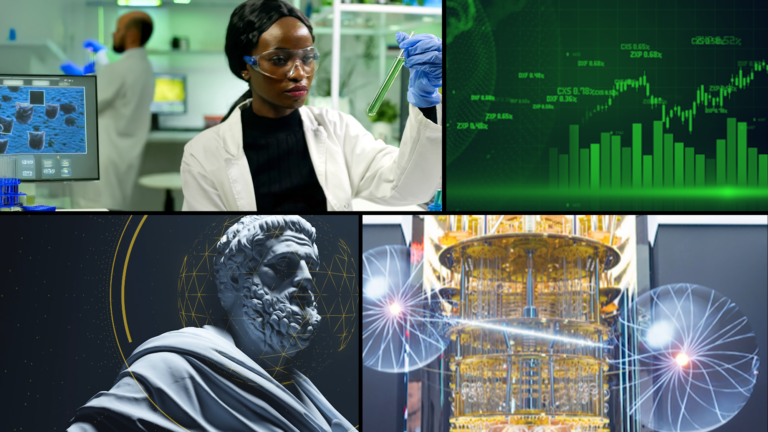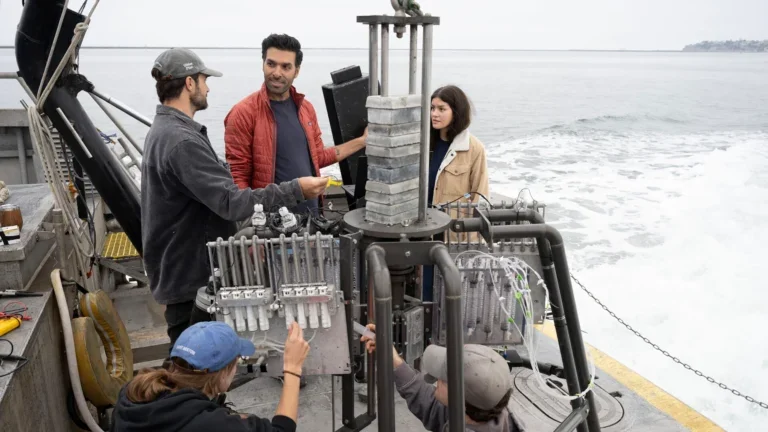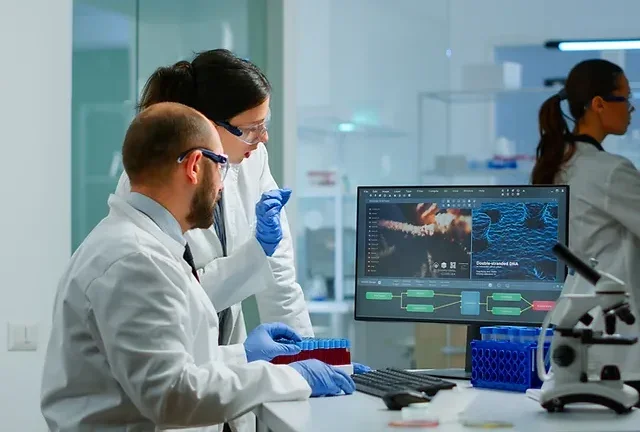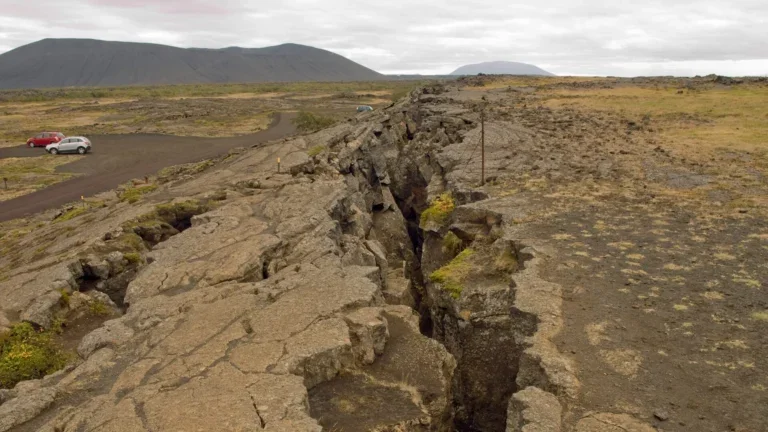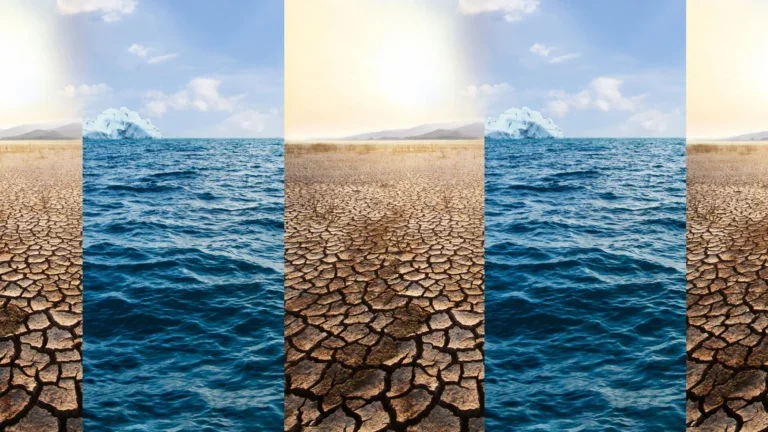Research Frontiers
By thinking ahead in some of the most promising emerging areas of scholarship, USC Dornsife researchers are redefining how we optimize, heal, and sustain in a rapidly changing world.
Research News
Decoding the chemistry of life, not with test tubes or lab coats, but with the aid of AI
A study by USC Dornsife Nobel laureate Arieh Warshel attempts to predict evolution of viruses to evade drugs.
A path to safer painkillers – revealed by freezing opioids and their protein receptors in motion
With near-atomic precision, a USC Dornsife team of scientists visualized for the first time how opioids such as loperamide and the antidote naloxone engage a key brain receptor, offering insight that could lead to better pain treatments and improved overdose reversal.
New AI tool will automate cancer detection in blood samples
Liquid biopsy innovation by USC Dornsife and USC Viterbi scientists detects cancer cells in blood samples in as little as 10 minutes and identifies hard-to-find cells without human aid.
Two brain scans are better than one in predicting teen anxiety, study finds
A USC Dornsife study shows that combining brain imaging methods may help forecast which adolescents are most at risk for developing anxiety disorders, years before symptoms appear.
Mathematicians use ‘neglected’ particles that could rescue quantum computing
With one overlooked ingredient, researchers show how to turn a promising quantum system into a universal computer.
Can the seafloor help the ocean absorb more carbon dioxide?
USC scientists are exploring how the sandy seafloor off the Southern California coast takes up CO2 and helps protect the long-term health of our oceans.
A quantum “holy grail”? Tiny device controls electron spins for future tech
Physicists with USC Dornsife and other institutions discover a better way to detect and tune antiferromagnetic resonance, paving the way for ultrafast, low-power electronics.
Buried Alive: The Secret Life of Deep Earth Microbes
Discover a vast, previously unknown world of microbial life that survives — and even thrives — for hundreds of millions of years in some of the planet’s harshest environments.
Scientists code Milky Way twin galaxies to better understand dark matter
USC researchers led the development of a computer simulation that gives astrophysicists a mechanism for testing ideas about dark matter and its behavior in the Milky Way and other galaxies.
USC technology may reduce shipping emissions by half
New research shows how a shipboard system using limestone and seawater could cut maritime CO2 emissions by 50%.
Brain cell discovery may explain excessive hunger
Researchers identify “meal memory” neurons in laboratory rats that could explain why forgetting lunch leads to overeating.
Lighting a new way to predict earthquakes
New laboratory earthquake model links real contact area to earthquake dynamics, opening a new pathway for earthquake prediction and early warning systems.
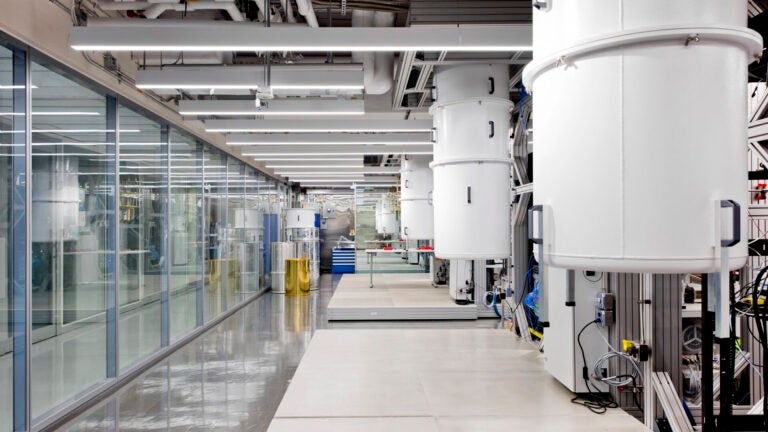
The Power and Promise of Quantum Computing
From discovering life-saving drugs, to fortifying cybersecurity, to revealing physical properties of the universe, quantum systems hold potential for solving tremendously complex problems. At USC Dornsife, researchers are creating insights and methods to overcome the challenging obstacle of quantum error correction — the primary obstacle that prevents us from unleashing quantum’s power at scale.
Prediction Science
Responsible Innovation in A.I.
The first question many people ask about artificial intelligence is, “Will it be good or bad?”
The answer is … yes.
While many experts across industry and academia focus on building increasingly sophisticated AI systems, USC Dornsife scholars also explore the ethical implications and safety concerns that are often overlooked in the race to the next big innovation.

Training the Minds Behind the AI Algorithm
A new master’s program at USC Dornsife teaches students the mathematical foundations that drive artificial intelligence — empowering them to build the algorithms shaping our future.
Can AI think – and should it? What it means to think, from Plato to ChatGPT
Whether AI can ‘think’ is a different question than whether it is ‘intelligent.’
What It Means to Be Human in the Age of Artificial Intelligence
In a world increasingly impacted by AI, does the definition of humanity need a reboot? USC Dornsife experts examine traits such as empathy, creativity and curiosity that shape our shared human experience.
Narrative Medicine
At USC, experts are shaping the growing field of narrative medicine to reveal the many ways that an individual’s report of their illness can affect medical interventions. By understanding what a “closer reading” of a patient’s story might reveal — from the characters and cultural traditions they describe to the latent meaning in a moment of silence — clinicians might uncover ways to improve holistic patient care.

Climate Change Communication
Saving the planet isn’t just about technology—it’s also about people, politics, money — and the stories we tell. At USC Dornsife, researchers explore how the communication of climate change can be better leveraged to move the needle in driving sustainable policies, economics, and behaviors.
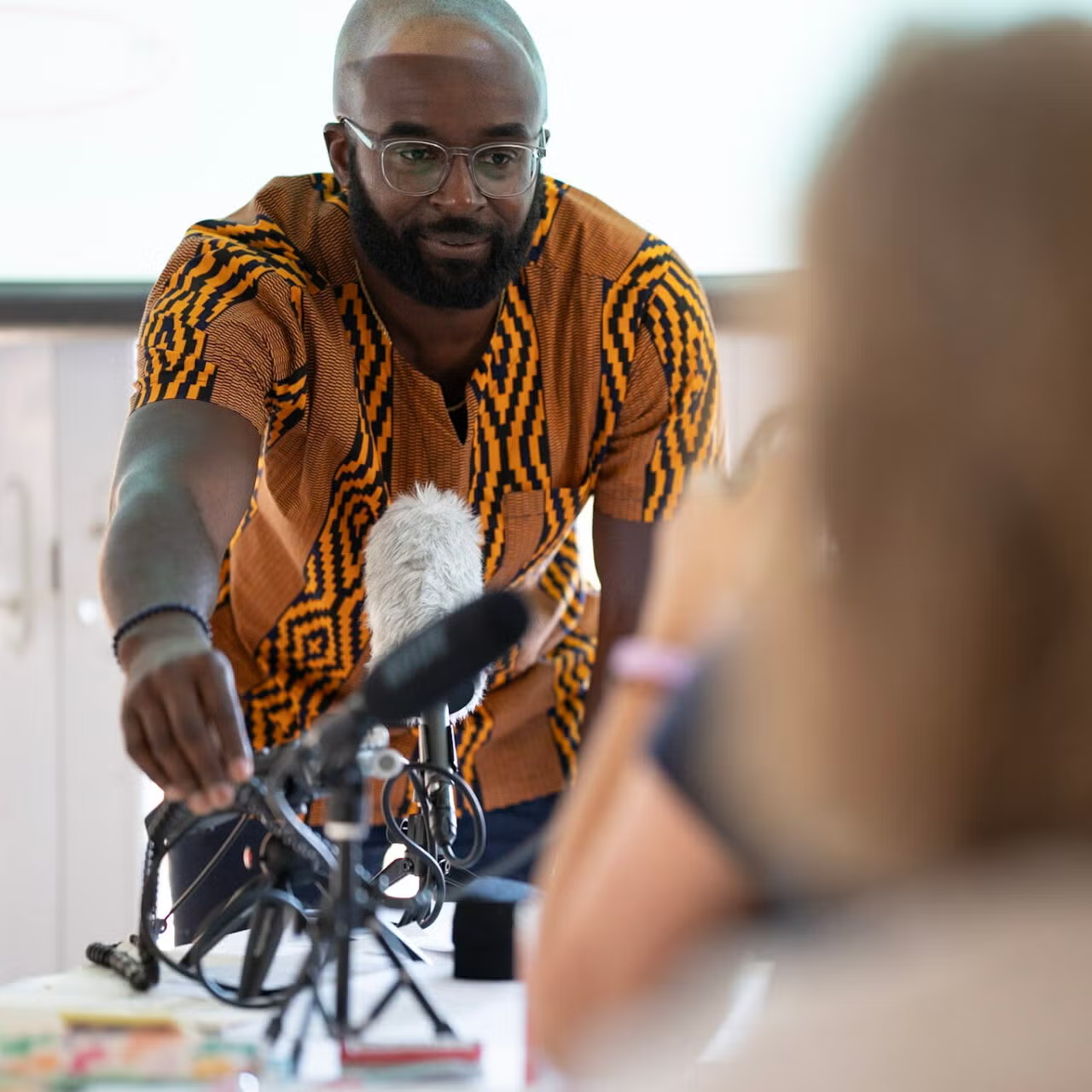
Repeating Aids Believing
As social media feeds fill up with AI-driven bots, sheer repetition of lies may erode the most essential resource for action on climate change — public support. Traditional media has a different problem — in their commitment to presenting both sides, journalists often platform climate skeptics whose untrue claims add to the repetition of misinformation.
Just Call It Climate Change
A new, Wrigley Institute-funded study on climate communications has found that Americas are not only more familiar with the term “climate change,” but it also generates more concern than newer terms such “climate emergency” or “climate crisis.”
Climate Visuals
Graphics are an important tool for communicating complicated climate information in a digestible way. But as climate science has become more nuanced, the graphics used to portray climate information have also become increasingly complicated. A study led by experts at USC Dornsife Public Exchange, in collaboration with the IPCC, explore what is confusing and how organizations can improve.

Center for the Changing Family
There is no connection more enduring or powerful than family. But the very notion of family is evolving, and we need new approaches to explore the way these relationships affect mental health. The Center for the Changing Family conducts research that informs health interventions and policy reflecting the oversized impact that the modern family — in all its forms — can have on our wellbeing.
